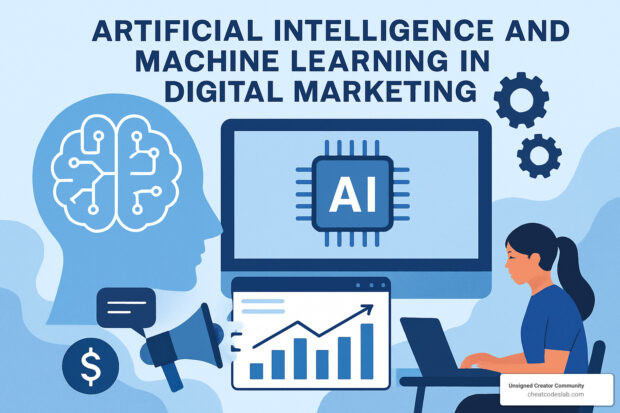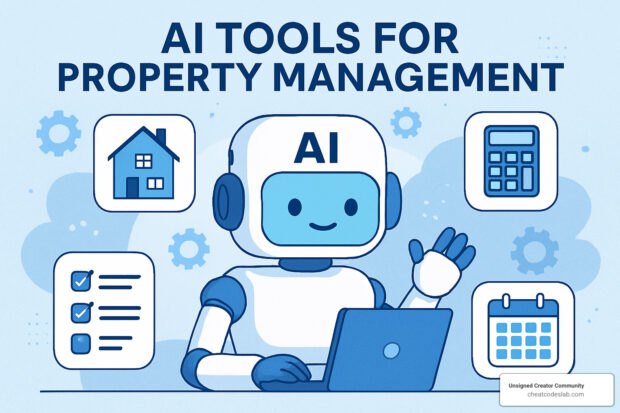Artificial intelligence in marketing: Ultimate Guide 2025
The Unstoppable Rise of AI in Marketing: What It Is and Why It Matters

Artificial intelligence (AI) has decisively shifted from a futuristic buzzword to the operational backbone of modern marketing. At its core, AI empowers marketers by leveraging complex technologies to automate tasks, generate insights, and create personalised customer experiences. (For a quick primer on the technology itself, see this concise Wikipedia overview.) By combining machine learning (algorithms that learn from data to make predictions), deep learning (a subset of machine learning using neural networks for more complex patterns), and natural-language processing (which enables computers to understand and respond to human language), AI helps brands work smarter, not harder. Marketers who accept these tools are not just keeping up; they are leaping ahead, seeing higher ROI, faster campaign execution, and clearer, more actionable insights.
The data paints a clear picture of this paradigm shift:
- 80% of executives already report using some form of generative AI, signaling a rapid, top-down adoption across industries (Fortune/Deloitte).
- Global spending on AI solutions is projected to exceed $300 billion by 2026, a testament to the immense value and investment flowing into this technology.
- Companies that personalise at scale—using AI to tailor every touchpoint to individual user needs—increase revenues by 5-15% while cutting customer acquisition costs by up to 50% (McKinsey). This isn’t just about recommending a product; it’s about dynamically adjusting website content, email offers, and ad creatives for each user.
In short, AI is no longer optional—it is the definitive competitive edge. For brands and creators looking to thrive in a crowded digital landscape, understanding and implementing AI is paramount. The rest of this guide shows exactly how to put that edge to work.
How Artificial Intelligence in Marketing is Reshaping the Industry
The promise of artificial intelligence in marketing is simple yet profound: automate the repetitive, predict the future, and personalise every single interaction. This isn’t about incremental improvements; it’s a fundamental shift in how brands connect with audiences. Below are the four disciplines where AI is delivering the biggest and most transformative impact.
Hyper-Personalisation at Scale
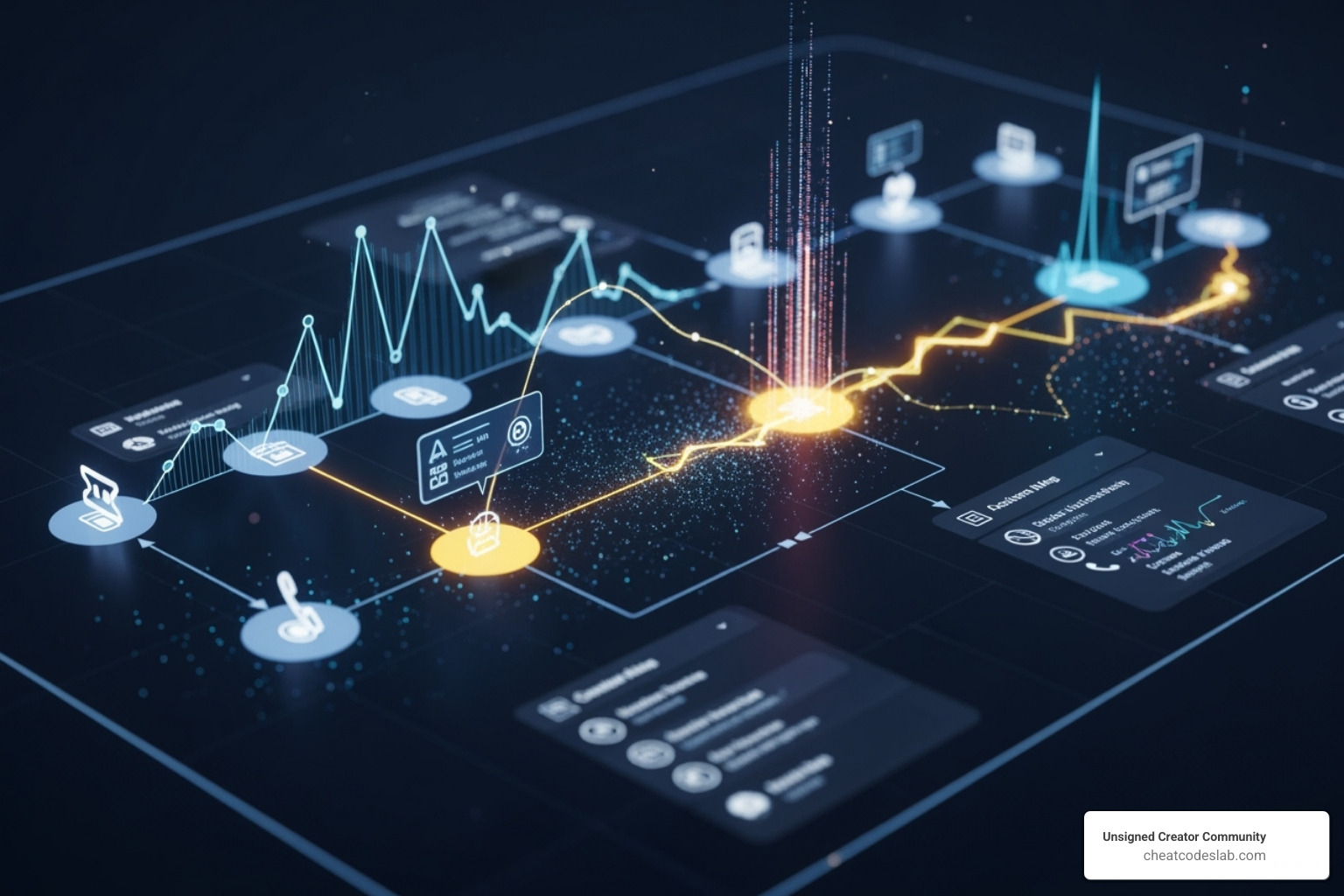
Generic marketing is dead. AI is the engine of hyper-personalisation, ingesting billions of data points—from browsing behaviour and purchase history to real-time context like location and device—to create true one-to-one experiences. This goes far beyond using a customer’s first name in an email. Think predictive analytics that anticipate a customer’s needs and suggest the next best offer, or dynamic content on a website that changes headlines, images, and calls-to-action on the fly based on who is visiting. Amazon famously attributes roughly 35% of its sales to its AI-powered recommendation engine, while Netflix states that 80% of viewing time comes from its personalised suggestions. The business case is clear: McKinsey research shows effective personalisation lifts ROI by 10–30%. Need a starting point? Tap into AI Driven Marketing Insights to surface hidden patterns in your own data fast.
Revolutionising Content Creation and SEO
Staring at a blank page is now optional for content teams. Generative AI tools can draft high-quality blogs, engaging social media posts, compelling product descriptions, and even video scripts in a matter of minutes. This frees up human marketers to focus on higher-level strategy, creative direction, and final polishing. Beyond creation, AI is an SEO powerhouse. It can analyse search intent with incredible accuracy, surface untapped long-tail keywords, and perform technical audits to flag optimisation gaps. Early adopters report cutting content production time by up to 50% while preserving a consistent brand voice through crucial human edits.
Types of content AI can generate:
- Blog outlines and articles: From ideation to a full first draft based on a simple prompt.
- Social captions: Custom for different platforms and audience tones.
- Email subject lines: A/B tested variations designed to maximise open rates.
- Ad copy: Multiple versions of headlines and body text for platforms like Google and Facebook.
- Image and voice assets: Creating unique visuals or generating voiceovers for videos.
Explore practical workflows in AI Driven Content Creation and boost your search rankings with AI for SEO Content.
Predictive Analytics and Data-Driven Decisions
AI transforms analytics from a rearview mirror into a crystal ball. It turns vast amounts of historical and real-time data into forward-looking insights, allowing marketers to move from reacting to proactively shaping outcomes. Use it to score leads based on their likelihood to convert, forecast product demand to optimise inventory, flag churn risks before a customer leaves, or run real-time sentiment analysis across social media feeds to gauge brand perception.
| Traditional Analytics | AI-Powered Predictive Analytics | |
|---|---|---|
| Data sources | Structured history | Structured + unstructured, live |
| Goal | Describe what happened | Forecast & prescribe what to do |
| Personalisation | Broad segments | Individual-level predictions |
| Model updates | Manual, periodic | Self-learning, continuous |
Unlike traditional methods that rely on structured historical data, AI models thrive on a mix of structured (e.g., sales figures) and unstructured data (e.g., customer reviews, support chat logs), constantly learning and refining their predictions. For hands-on tools, see AI Tools for Analytics.
Automating and Optimising Advertising
In digital advertising, speed and relevance are everything. AI-driven programmatic advertising is the solution. These systems analyse user context, purchase intent, and complex bid landscapes in milliseconds, ensuring every ad impression is purchased at the most cost-effective price and shown to the most relevant user. This leads to real-time budget re-allocation towards the best-performing campaigns and automated A/B testing of thousands of headline and creative variations—a scale impossible for human teams. The results are tangible: Strong Automotive, for example, lifted its click-through rates by 40% using AI-powered audience targeting. Pair these powerful tactics with Artificial Intelligence Advertising and tighten your organic strategy through AI Tools for Website SEO.
Mastering AI: Strategy, Ethics, and Future-Proofing Your Career
Successfully integrating AI requires more than just buying software; it demands a strategic approach, a commitment to ethics, and a vision for the future of your team.
A Strategic Roadmap for AI Integration
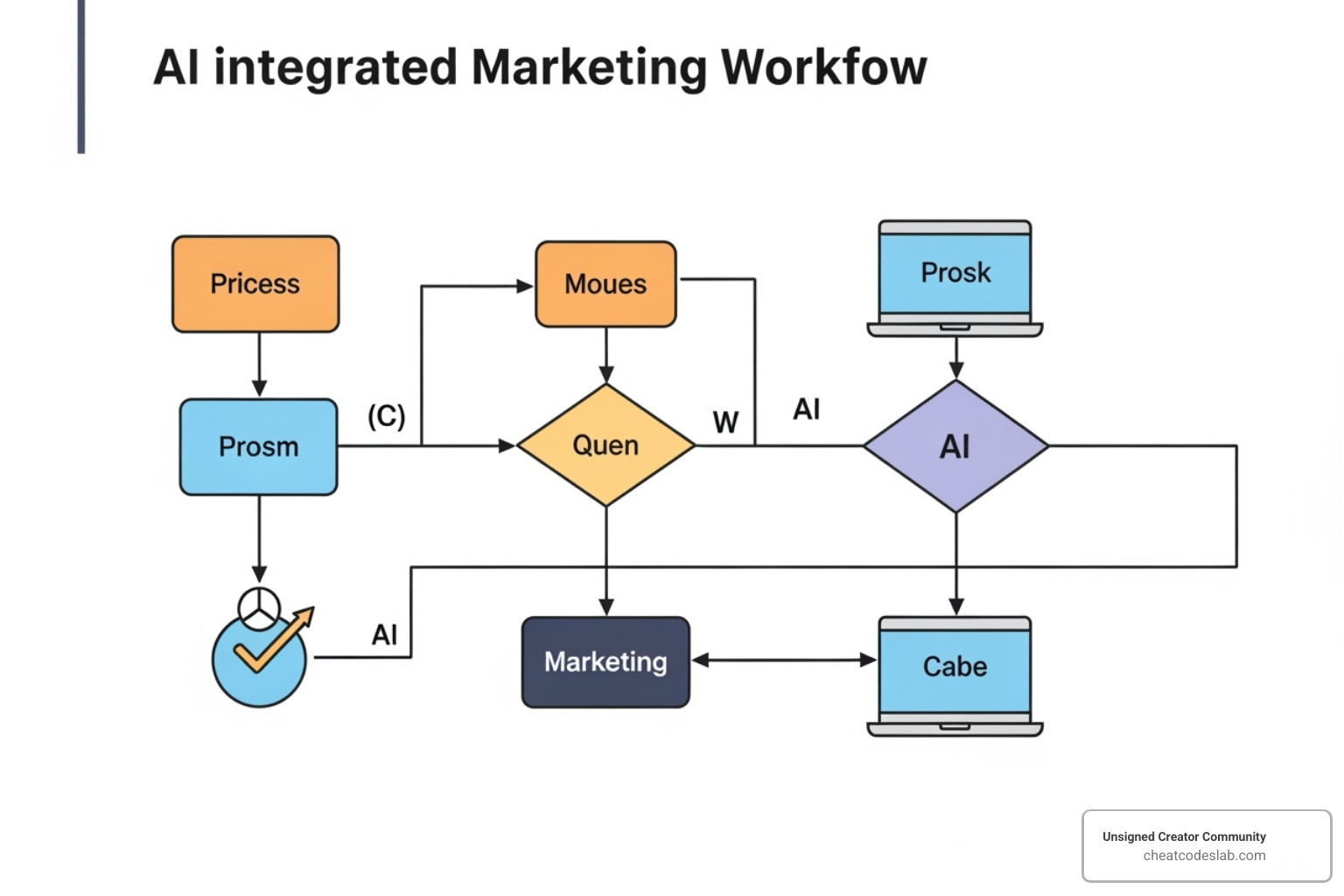
Adopting AI effectively is a journey, not a sprint. Follow this roadmap to ensure a smooth and impactful integration:
- Set clear, measurable goals. Don’t just “use AI.” Define what success looks like. A good goal is specific, such as “reduce email campaign build time by 40%” or “increase lead conversion rate from social ads by 15%.”
- Audit and clean your data. AI is only as good as the data it’s trained on. The “garbage in, garbage out” principle is critical here. Ensure your data is accurate, complete, and well-organized before feeding it into any AI system.
- Start small and solve a clear pain point. Instead of a massive, company-wide overhaul, select one or two tools that solve a specific, nagging problem. Run a pilot project to demonstrate value quickly. Our guide on How to Use AI for Digital Marketing can help you identify the perfect starting point.
- Train the team and manage change. Introduce new tools with comprehensive training. Emphasize how AI will augment their roles, not replace them. Celebrate early wins to build momentum and encourage adoption across the team.
- Track KPIs, refine models, and iterate. AI is not a “set it and forget it” solution. Continuously monitor your key performance indicators, gather feedback, and refine your AI models and prompts to improve results over time.
Browse vetted options and find the right tools for your goals in AI Based Marketing Solutions.
Navigating the Ethical Landscape
With great power comes great responsibility. AI’s capabilities in data analysis and content generation demand a strong ethical framework to maintain customer trust and brand integrity. Prioritise:
- Data privacy: Go beyond the legal minimums. Be transparent about what data you collect and how you use it. Adhere strictly to regulations like GDPR, ensure secure data storage, and always obtain clear user consent.
- Bias audits: AI models can inherit and amplify human biases present in their training data. Regularly audit your algorithms and their outputs for bias, and actively work to diversify your training data to ensure fair and inclusive marketing.
- Transparency: Be honest about your use of AI. Disclose AI-generated content where it could mislead or impact a user’s decision. This builds trust and sets clear expectations.
- Upskilling: Proactively prepare your staff for a future where they collaborate with AI. Invest in training for higher-value, strategic, and creative roles that require human oversight and empathy.
For detailed pitfalls and fixes, see Forbes’ take on navigating potential challenges.
The Future Marketer: Human + Machine
AI is not here to replace marketers; it’s here to empower them. The most successful professionals will be those who master the art of human-machine collaboration. While AI handles the data crunching, automation, and initial drafting, humans will provide the essential strategy, creativity, emotional intelligence, and ethical oversight. The marketer of the future is an expert prompter, a savvy interpreter of AI-driven insights, and a strategic thinker who can steer AI tools to achieve business goals. Keep experimenting, keep learning, and explore the full suite of tools at CheatCodesLab. The collaboration era is here—let’s make the most of it.












